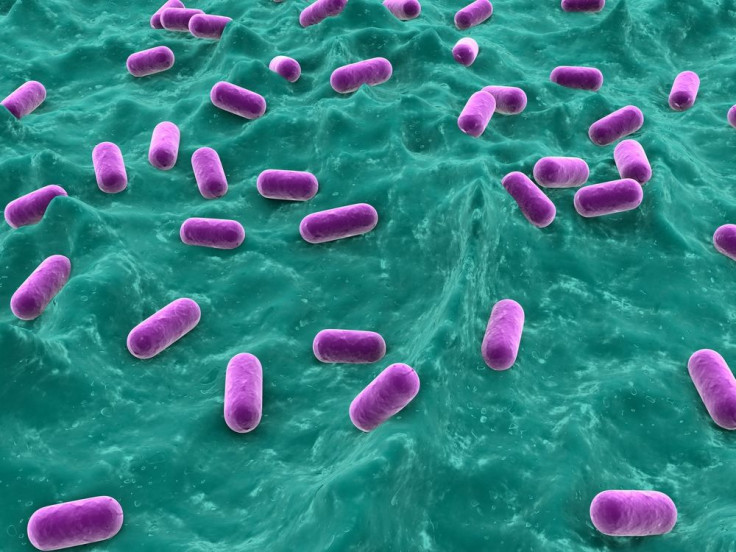Probiotics Prevent Hepatic Encephalopathy In Patients With Cirrhosis Of The Liver

Chances are that when you reach for your daily dose of probiotics, you're happy to know that stomach upsets will be kept at bay. But according to a new study in Clinical Gastroenterology and Hepatology, probiotics may cure more than just indigestion, and doctors are now looking at its effects on hepatic encephalopathy in patients with cirrhosis of the liver.
"This rigorous new research finds that probiotics modify the gut microbiota to prevent hepatic encephalopathy in patients with cirrhosis of the liver," said Dr. David Victor, a hepatologist and author of an editorial on the research, in a press release. "These results offer a safe, well-tolerated, and perhaps cheaper alternative to current treatments."
The trials were conducted in Govind Ballabh Pant Hospital, New Delhi, India. It was a single-center, prospective, open-label, randomized trial with cirrhosis patients who showed risk factors for hepatic encephalopathy, but had not experienced an obvious episode yet.
Hepatic encephalopathy is a loss of brain function that occurs when toxic substances in the liver accumulate, and are unable to be removed. In extreme cases, it results in unconsciousness, unresponsiveness, and even coma. However, it is a reversible condition, and treatment involves flushing out the toxic substances from the liver. A common method involves administering the dissacharides lactulose and lactitol, which help relieve constipation — an effect of the condition. Treatments like these are often associated with side effects such as diarrhea, bloating, and gas.
To test the efficacy of probiotics random patients were also treated with a placebo. A comparison of the treatments showed that those who were treated with probiotics had a lower incidence of hepatic encephalopathy than others. No known side effects were observed in the probiotic line of treatment, and patients continued getting the treatment. With that, the researchers concluded that probiotics helped alleviate encephalopathy symptoms comparably to lactulose, without the associated side effects.
“By virtue of its size, study duration, and design, as well as the thorough nature of the baseline and follow-up assessments, this study represents an important contribution to the hepatic encephalopathy literature," Victor said in the release.
Probiotics are "live microorganisms which, when administered in adequate amounts, confer a health benefit on the host."They are being recommended more and more as part of a daily regime, and many doctors advocate their role in aiding immunity and digestion, and treating conditions like diarrhea, Crohn’s disease, and irritable bowel syndrome. Still, there are some opponents who claim that the benefits aren't measurable enough to show a positive effect.
Source: Kumar M, Sharma B, Sharm P, Sachdeva S, Srivastava S. Probiotics Prevent Hepatic Encephalopathy in Patients With Cirrhosis: A Randomized Controlled Trial. Clinical Gastroenterology and Hepatology. 2014.



























